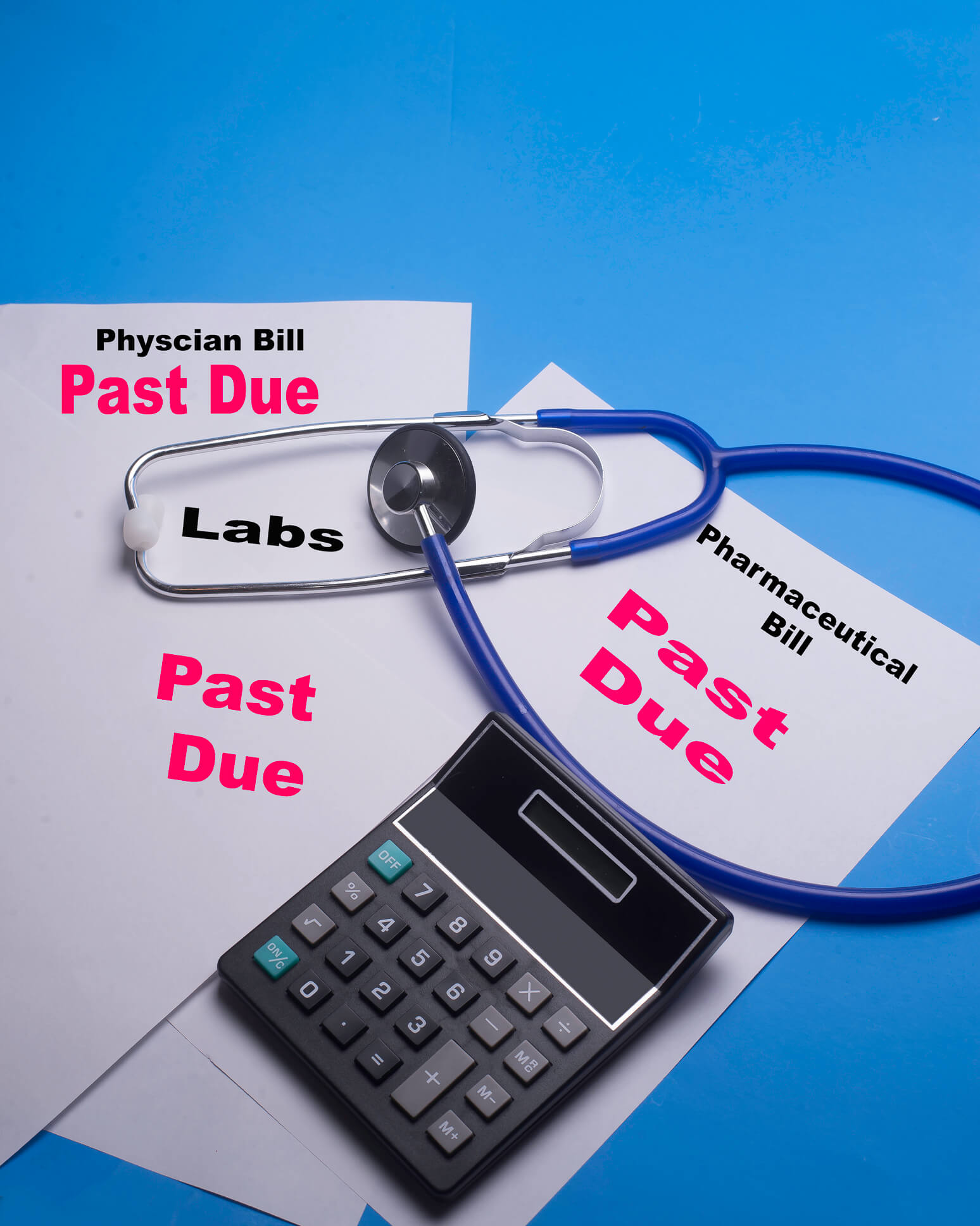The healthcare reforms of the government are affecting not only doctors and practitioners but also severely impacting patients. The changes are limited to the payment initiative, such as pay for performance systems, but these reforms have even introduced the trend of health-related insurance plans. With the increase in health insurance plans, one can observe an increasing trend in high deductible health plans. This increase means that patients today are more responsible for their health care expenses. However, this trend has benefited society, as patients today are more concerned about their healthcare and are actively participating in improving their lifestyles. However, with the increase in healthcare expenses and the burden on individuals, healthcare providers are more concerned in developing an effective system to ensure that their patients are clearing their balances.
With the rise in insurance plans, patients have observed higher medical bills than usual, which are later left unpaid. This rise has led to a need for improvised patient bill collection systems in the healthcare provider industry.
The following five ways can vastly improve a practice’s collections of medical bills for any healthcare service provider.
Train your Customer Relationship Officer or your Front-Desk Manager regarding the Boarding of the Patients
The customer relationship officer is the person that the patients will be talking to regarding any appointment boarding or payment issues. Therefore, you must train them to collect all dues from patients, and they should always verify insurance coverage. The customer relationship officer’s primary duty is to inform patients of their contributions and tell them about all of their payment options. This information will keep things clear between you and your patients before they come for their next appointment. Another successful idea is to create a script for your hospital staff to know how to deal with customers in case of overdue bills. This training will help your staff learn the ways to deal with such patients courteously and respectfully.
Keep your Payment Policies Transparent
Healthcare providers often unintentionally blindside their patients regarding their medical invoices, and, usually, costs are not included in the patient’s budget. This misinformation is one reason why it becomes so difficult for a healthcare provider to collect medical payments from patients as they do not have enough planned savings. Hospitals and healthcare service providers must keep patients informed about the total cost of all procedures to decide if they can afford it. This transparency is not just limited to the cost of medical procedures, but it should also include payment policies. A healthcare service provider can put signs in their waiting rooms that should state their payment policies. Medical practitioners must remain clear regarding what they are expecting from their patients concerning payments. To eradicate confusion, every staff member and customer relationship officer of the hospital should know all policies to deliver clear, transparent information to their patients.
Verify Insurance Coverage in Advance
Healthcare providers must verify insurance coverage of their patients before starting their medical procedures. Insurance coverage would include the kind of medical services included in their package and the patient’s financial liability. By getting the proper information regarding insurance coverage, healthcare providers will be able to avoid less debt from their patients. 
Get an Estimate of the Total Medical Cost for the Patients
Once you are aware of your patient’s insurance coverage and its complete details, you should estimate the total cost of all services that a patient is looking to have performed. Although the cost estimation process is long, it has many benefits, such as:
- Increasing satisfaction of patients
- Minimizing the days of receivables
- Improving payment collections
- Improving the payment process for patients
To collect payments from patients effectively, healthcare providers should improve their payment processes by introducing maximum payment options. Including cash alternatives, such as credit cards and online payment options, will not stall the payment process. It has been observed that online payment methods attract more patients to healthcare service providers as patients, at times, are out of cash and prefer using credit cards for paying their bills.
Incorporate a Proper Billing Software
Manually bookkeeping all payments and bills is a challenging process. The more challenging task is managing the debtor account receivables; therefore, it is advised that one should have billing software for their medical services. This software provides a platform with all of the comprehensive solutions and will record and generate bills and keep a record of all of your paid and unpaid bills, late fee charges, and the customers who still have yet to pay their dues. You can quickly get their personal information and politely remind them regarding their outstanding contributions using such billing software.
 About Complete Controller® – America’s Bookkeeping Experts Complete Controller is the Nation’s Leader in virtual bookkeeping, providing service to businesses and households alike. Utilizing Complete Controller’s technology, clients gain access to a cloud platform where their QuickBooks™️ file, critical financial documents, and back-office tools are hosted in an efficient SSO environment. Complete Controller’s team of certified US-based accounting professionals provide bookkeeping, record storage, performance reporting, and controller services including training, cash-flow management, budgeting and forecasting, process and controls advisement, and bill-pay. With flat-rate service plans, Complete Controller is the most cost-effective expert accounting solution for business, family-office, trusts, and households of any size or complexity.
About Complete Controller® – America’s Bookkeeping Experts Complete Controller is the Nation’s Leader in virtual bookkeeping, providing service to businesses and households alike. Utilizing Complete Controller’s technology, clients gain access to a cloud platform where their QuickBooks™️ file, critical financial documents, and back-office tools are hosted in an efficient SSO environment. Complete Controller’s team of certified US-based accounting professionals provide bookkeeping, record storage, performance reporting, and controller services including training, cash-flow management, budgeting and forecasting, process and controls advisement, and bill-pay. With flat-rate service plans, Complete Controller is the most cost-effective expert accounting solution for business, family-office, trusts, and households of any size or complexity.



